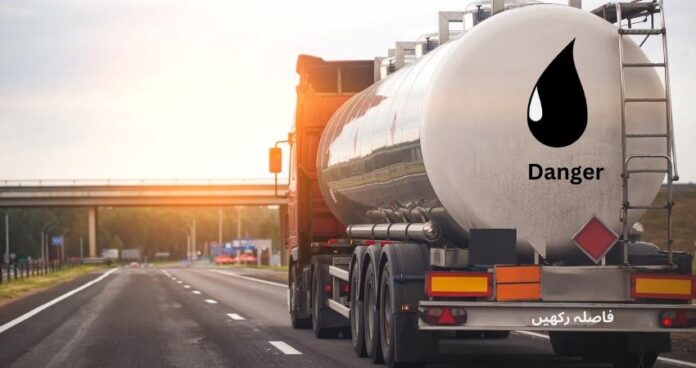The federal government agreed to restore the status of hundreds of oil tankers that were previously de-listed by Pakistan State Oil (PSO), on account of non-compliance with safety standards, affecting their eligibility for oil transportation operations.
This decision comes following negotiations between the Ministry of Energy and the Oil Tankers Contractors Association (OTCA). During the discussions, the president of OTCA requested a two-year time frame for the conversion or de-listing of 750 vehicles. This request was made in consideration of the current inflationary trends and the economic challenges facing those involved in the oil transport business.
In response to concerns raised by the transporters, the government has committed to maintaining the pipeline share of petrol transport at 45 percent of up-country volumes for the duration of one year. This decision aims to ensure that transporters can continue to sustain their livelihoods in the face of changing market dynamics.
Carriage contractors also raised concerns about the existing road transport tariff, emphasizing that the current rates are insufficient to cover their rising operational costs. These concerns led them to approach the Oil & Gas Regulatory Authority (OGRA) for tariff revision. The matter, however, remains unresolved.
In recognition of the concerns voiced by the transporters and the broader economic context of inflation, the government has instructed OGRA to conduct a comprehensive review of freight rates for oil transportation. This review may lead to potential revisions to ensure that transporters can operate sustainably.





There is another grant that is called SASSA Social Relief of Distress grant (SRD). This grant is more beneficial than any other.